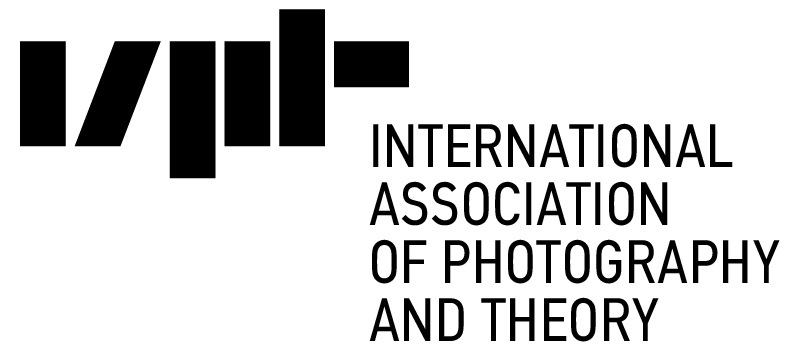Ar(t)chaeology
Open Call
Extended deadline: Monday, May 29th
This call invites artists who particularly work with photography to respond to the theme of the International Association of Photography and Theory’s first collaborative project entitled Ar(t)chaeology: Intersections of Photography and Archaeology. The project will run from May to December 2017 and will include regular meetings and a creative process that will result in an exhibition, a parallel one-day seminar, and a visual publication, which will negotiate themes that are considered central to this project.
The project seeks to investigate the relationship between archaeology and contemporary art photography. Cyprus, an island, the identity of which was born out of contested histories and conflicting narratives, can serve as a case study for the examination of the connection between these two seemingly diverse fields of practice. On the one hand, archaeology in Cyprus is usually seen as the meticulous, objectivity-driven, study of objects, artifacts, and material culture, which often uses photography as a tool for purposes of documentation, archiving, and representation. On the other hand, contemporary art photography can be seen as an entirely different practice to archaeological processes of presentation and preservation. Yet, both archaeology and contemporary art photography are connected by a common engagement with ideas beyond the tactile, and with an equally significant – often indirect – fascination with affect.
More specifically, the project wishes to include works that:
Explore the role of the artist as archaeologist
View the photographic archive as a space of archaeological excavation
Address the politics of archaeology (and photography)
Involve processes of archaeology and photography
Investigate the relationship between museums, archaeology and photography
Address issues of authenticity, originality, the counterfeit and fictitious in archaeology and photograph
Approach critically archaeological knowledge and narrative
Re-invent archaeological sites of knowledge through photographic practices
Offer alternative forms of preserving the past through photography
Explore notions of “extend” (space) and “duration” (time) in both archaeology and photography
Reflect critically on the intersections of photography, archaeology and ethnography
Engage with landscapes and other fabrics of heritage in photographs
Explore—and ‘exploit’—ruins, absences and erasures through photography
Important Deadlines
Phase I
DEADLINE FOR PROPOSALS: Sunday, May 21st 2017
EXTENDED DEADLINE: Monday, May 29th
Submission of proposals for existing ongoing works or new productions. Proposals need to be a maximum of 300 words and to clearly describe the proposed work, its concept and rationale, and its expected contribution to the general themes of the exhibition. They must also be accompanied by short biographies of participating artist(s) (up to 200 words) and, depending on the project, by visual material and technical specifications. All proposals must be submitted electronically to [IAPT] at: info@photographyandtheory.com. The submitted proposals will be reviewed, and up to 15 proposals will be selected, by an invited Selection Committee based on artistic and conceptual merit. Artists will be notified on the selection by Sunday, June 9th, 2017. A small budget will be made available to the participants for the realization of their work.
Phase II
COLLABORATION • WORK PREPARATION June 2017—December 2017
Selected artists/photographers will then have six months to finalize their projects and prepare for the exhibition. The process of preparing for the exhibition will be based on a collaborative and dialogic exchange between artists and between artists and members of the selection committee and the exhibition coordinator. For this reason, at least four meetings will be scheduled which selected artists will have to attend. During these meetings, artists will be given the opportunity to exchange ideas, discuss their process and progress and offer their constructive feedback for the completion of all projects.
